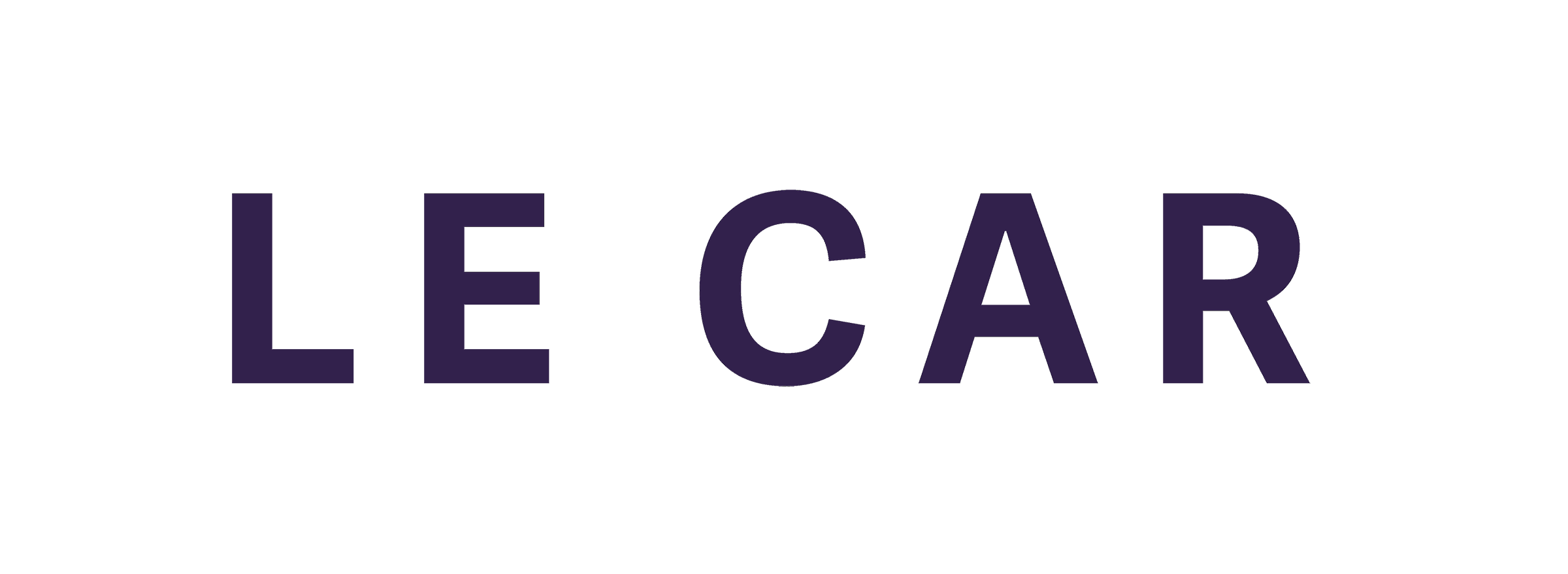Is It Better To Lease Or Buy A Car
The right answer is that its depends on your situation
Over the last few months, several friends reached out to me to share that they are considering buying a car for the first time ever. In general, these conversations begin with a sheepish tone, framed by what I’d call a state of bewildered anxiety.
The first point of advice I offer is to ease into it. Take time to understand the steps involved.
The next question I ask is if they plan to lease or buy. Then they generally ask, which is better?
The right answer is like most things financial — it’s complicated. To lease or to buy depends on your needs, budget, and goals. To understand the pros and cons according to your situation, think about a somewhat analogous situation: renting or buying an apartment. In principle, cars are much the same way.
When you lease a car, much like renting an apartment, you generally need to submit credit information, pay a security deposit, cover broker fees, and cover your own insurance. But somehow the hidden costs, like the mover, always seem to add up, especially if you rush into a contract and don’t read the fine print. Leasing a car is much the same -- there are fees on top of fees.
Just like renting, the benefits are much the same. It’s a temporary relationship. The downside to the impermanent relationship is that you have to handle the vehicle with extra care. The upside? In the long term — assuming you pay on time and follow the rules of the contract — the car is not your headache.
The biggest caveat to leasing is the limitation on the number of miles you can put on your vehicle. If you have to drive more than 10,000 milles a year, leasing may not work for you.
When you buy a car, much like an apartment, a larger piece of capital is required, because at the end of the day, you will own the vehicle -- that car is yours, and yours alone to keep forever. If you have the means to buy it flat out, this is the most straightforward deal. You pay the entirety of the car, factor in the cost of insurance, sales tax, registration, and subscriptions you might opt in for, such as satellite radio, and you’re out the door.
Where it gets a little trickier is if you don’t want to buy it outright, like a home, you will need to finance the purchase with a loan. Much like a home, the rate of your loan is based on your credit and how much money you are putting down. The monthly payment you make on a car loan toward ownership is higher than a leased vehicle because you are paying the cost of the vehicle, the interest, the financing costs, taxes, and other fees. Think of all the terminology used in the deals you see broadcast by car dealers in TV and radio segments. Even if you decide to sell the car before you finish paying for it, you will be able to recoup some of the money you paid into the sale, which is not the case when leasing. A point of caution is that cars decline in value, particularly in the first two years they are owned. You will never be able to sell the car for more or the same cost as what you paid into it. But you will have a headstart on paying for your next car.
Now that you understand the difference between leasing and buying, the next question is how much car can you afford?
First remember where we started: breath deep and take the journey one step at time. You are in the driver’s seat.

